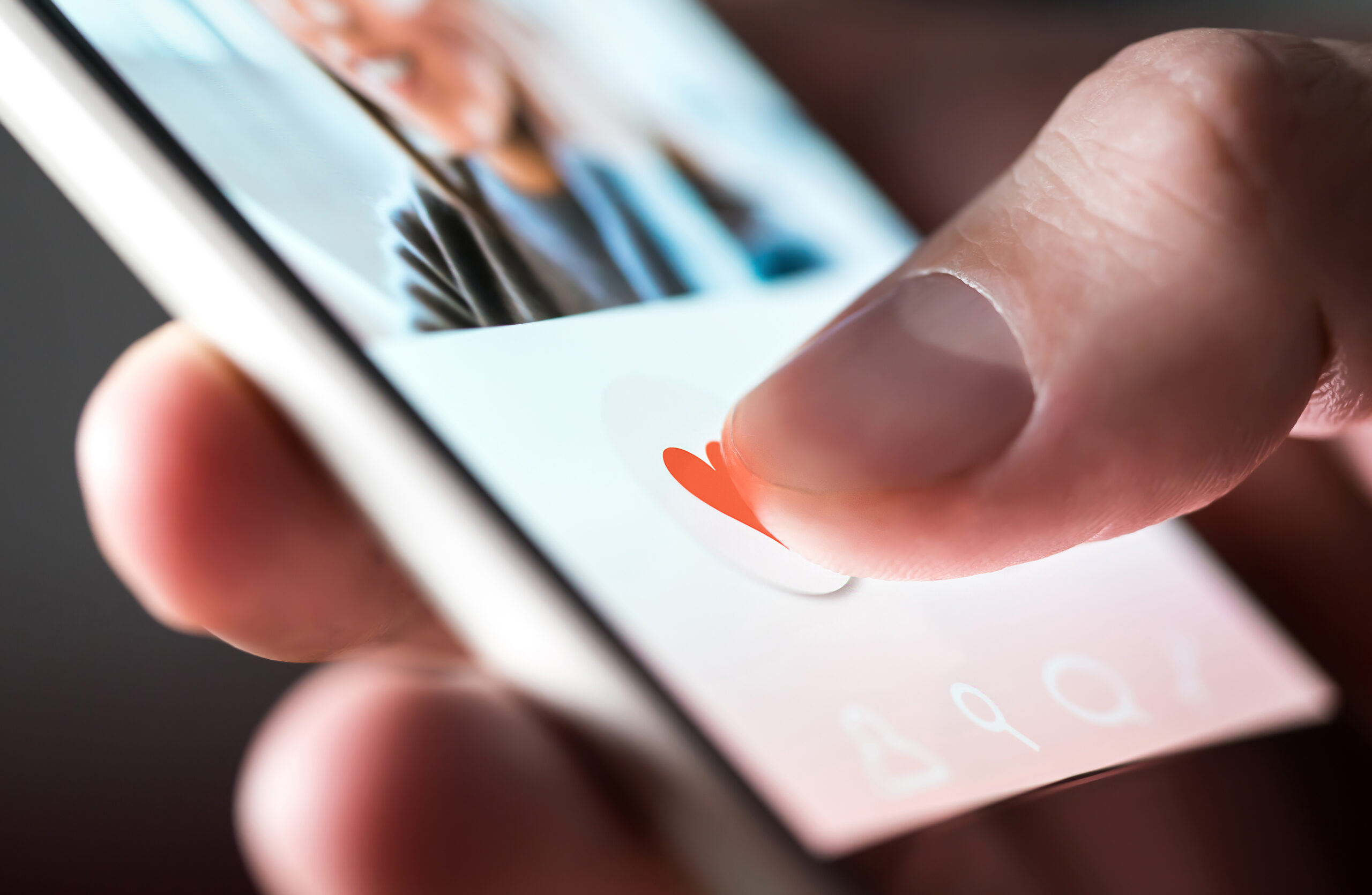The popularity of dating apps has surged in recent years, especially with the pandemic forcing millions of people into isolation. Platforms like Tinder, Hinge, Match, and Bumble may offer a semblance of socialization, but the hidden mental health impacts of these apps may outweigh the benefits.
Swiping left on self-image
Dating apps have strong correlations with numerous mental health conditions, including depression. Since users are only provided with photos of potential matches, these platforms encourage superficial decisions based on physical attributes alone. This can lead to body image issues and weight control behaviors, with those active on dating apps demonstrating a significantly elevated risk of engaging in restrictive dieting, disordered eating, or excessive exercising.
Rejection and depression
As reported by Psychology Today, people who use dating apps can also become conditioned to rejection because of low matching rates or stifled communication, commonly referred to as “ghosting.” Repeated rejection can damage self-esteem, leading users to feel unattractive or uninteresting.
Studies have also shown that the vulnerable climate of swipe-based dating apps can cause significant psychological distress in users, with depression being one of the most prominent mental health conditions arising from online dating.
Coping with dating app depression
To manage symptoms of depression and make the most of dating apps, try the following tips:
- Determine what you’re looking for and engage only with matches that share your interests
- Limit the amount of time you spend each day on these platforms
- Set conversation boundaries and know when to walk away from an unhealthy match
- Seek counseling to address negative feelings that may arise from dating app use
Finding help
It can be difficult to navigate online dating alone. At Valley Oaks, we offer counseling services to help you address your mental health concerns related to stress, anxiety, and depression. We’re here to support you and your mental health needs.







